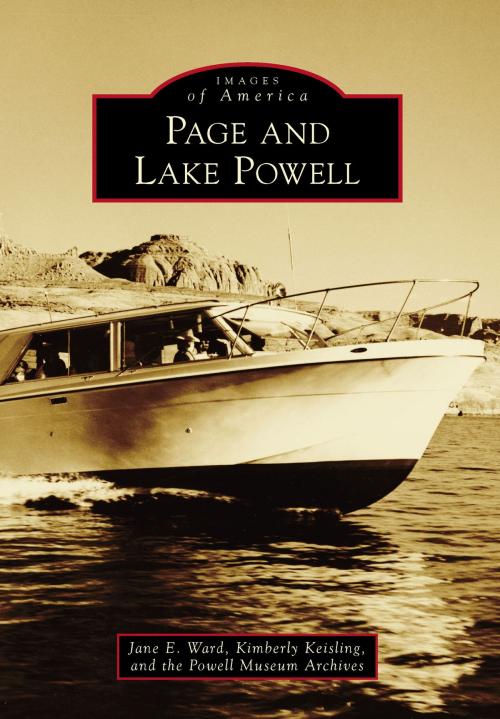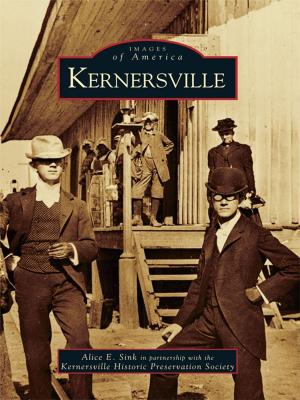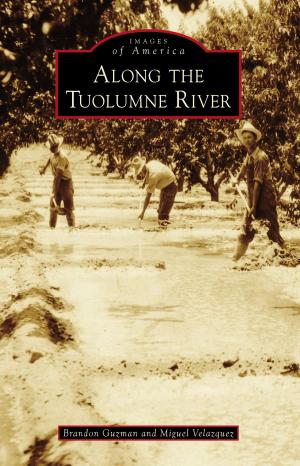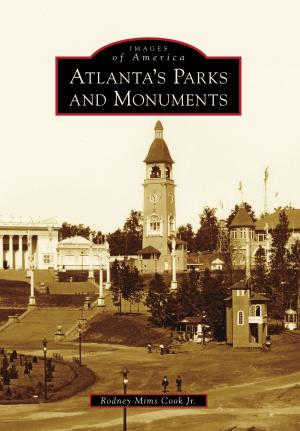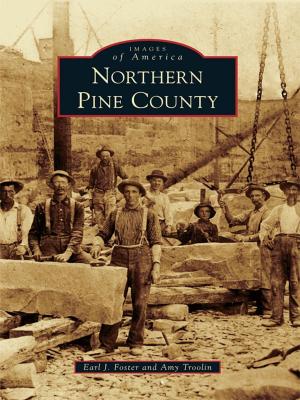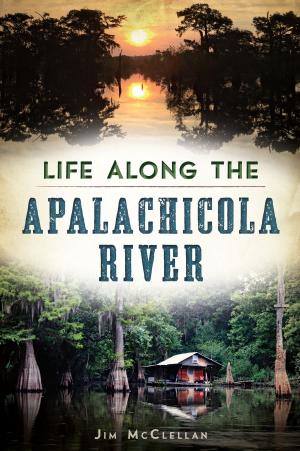| Author: | Jane E. Ward, Kimberly Keisling, Powell Museum Archives | ISBN: | 9781439645147 |
| Publisher: | Arcadia Publishing Inc. | Publication: | May 12, 2014 |
| Imprint: | Arcadia Publishing | Language: | English |
| Author: | Jane E. Ward, Kimberly Keisling, Powell Museum Archives |
| ISBN: | 9781439645147 |
| Publisher: | Arcadia Publishing Inc. |
| Publication: | May 12, 2014 |
| Imprint: | Arcadia Publishing |
| Language: | English |
The people who descended on the remote northern Arizona wilderness in the early 1950s to build Glen Canyon Dam and the town of Page were true pioneers. They arrived to find Glen Canyon, a sandy, desolate hilltop with walls over 700 feet deep that had been part of the vast Navajo reservation, and an incredibly challenging way of life. The first blast necessary for site excavation at Glen Canyon Dam was triggered on October 15, 1957, when Pres. Dwight D. Eisenhower pressed a key setting off the explosion from an office in Washington, DC. Almost 10 years later, construction was completed on the nation�s second-highest concrete dam, harnessing the waters of the Colorado River and forever changing the history of the local area and the West. Today, over three million annual visitors enjoy the diverse and awe-inspiring landscape surrounding Page and Lake Powell.
The people who descended on the remote northern Arizona wilderness in the early 1950s to build Glen Canyon Dam and the town of Page were true pioneers. They arrived to find Glen Canyon, a sandy, desolate hilltop with walls over 700 feet deep that had been part of the vast Navajo reservation, and an incredibly challenging way of life. The first blast necessary for site excavation at Glen Canyon Dam was triggered on October 15, 1957, when Pres. Dwight D. Eisenhower pressed a key setting off the explosion from an office in Washington, DC. Almost 10 years later, construction was completed on the nation�s second-highest concrete dam, harnessing the waters of the Colorado River and forever changing the history of the local area and the West. Today, over three million annual visitors enjoy the diverse and awe-inspiring landscape surrounding Page and Lake Powell.
